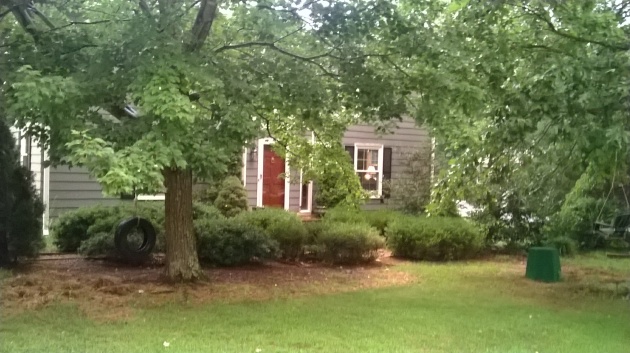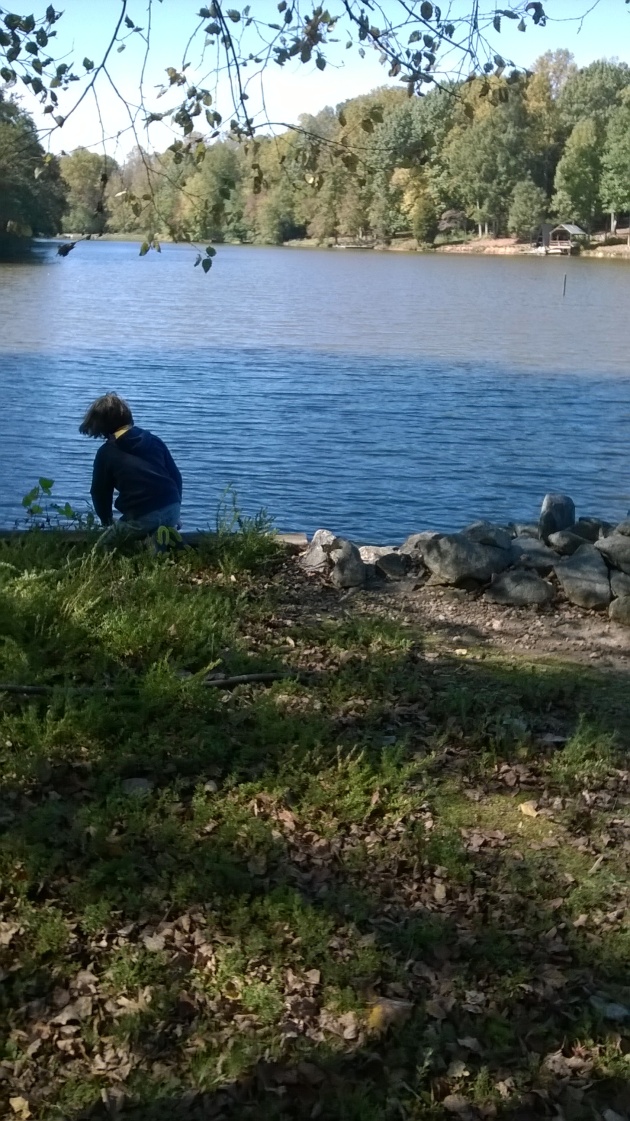 I have very vague and uncertain notions about writing a book. There are so many things to learn in the process. Procedural knowledge of how to go about the making of the thing that is a cohesive, complete product. Not an ongoing collection of beginnings, not a stream of consciousness rambling.
I have very vague and uncertain notions about writing a book. There are so many things to learn in the process. Procedural knowledge of how to go about the making of the thing that is a cohesive, complete product. Not an ongoing collection of beginnings, not a stream of consciousness rambling.
But just today I happened on this series of questions during a free writing exercise. I wrote:
Is writing a book like cleaning a house? Or building a house? Or excavating a house?
Perhaps we first need to build a house. Especially if we are working with fiction, we need to gather our materials and ask lots of questions. We need to survey the landscape and choose an ideal site.
We can begin by asking what kind of foundation will be necessary to support its weight. What is the driving question or theme that propels the story? What is the context? Are you in mid life wondering if the road ahead will be a long journey of wisdom acquisition? A journey spent seeking increasingly valuable and all consuming experiences to support your enjoyment of life? Or are you bitter? Were you once bitter and needy and desperate but now free, open, shining with joy? Don’t you want to shine that new light everywhere? Were you once lonely and now full of love? Were your characters?
What kind of structure will support the walls? What view will the windows provide? What will warm it? Cool it? What colors will be found there? What can be used to create an inviting atmosphere? Will there be a garden? A kitchen? A study? A front door?
Who would you like to invite into this house? What intimacy will be revealed inside? Who lives there? Who are the neighbors?
Regarding memoir, let’s say your house is already built. But it’s buried and you need to excavate. What tools will you need? A back hoe or a paintbrush? A shovel or a pick axe? A sledge hammer and a pry bar? What if you dig up something full of pungent, rotting decay? Or dormant seeds? Or shards of brokenness?
What if your house is already built and excavated? Maybe you now just need to clean it. Maintain it. Add a new coat of paint. Throw out everything from the closets and go shopping for all new wardrobes and appliances. Are you a hoarder or a minimalist? Spare words can imply vast meaning.
Here’s a sample of a house I’m in the process of building:
I struggle. I wonder when life will ever feel easy. Facing things like personal failure, money, frustrating relationships, aging and responsibility deflate my energy and eagerness for living. We all struggle. We are all trying. And the more complex living in our culture becomes, the more we suffer.
I long to go backwards in time to a pastoral, technology spare existence. This tendency to sink into my memories has be come a fantasy diversion, an alluring daydream to fall into while doing laundry. Perhaps this is why I return to writing memoir–the landscape in my memory involves scenes of nature and people playing cards around the kitchen table, eating potato chips and drinking coke.
Leaving that cozy family scene, I travel through my young adult life, learning the hard way how to keep food on the table and the lights on. The prayers in me said “please, please, please, please, God.”
Should I become a panhandler of spirit? My hands open to the unseen river of gifts?
I don’t ask that question until I reach midlife.



